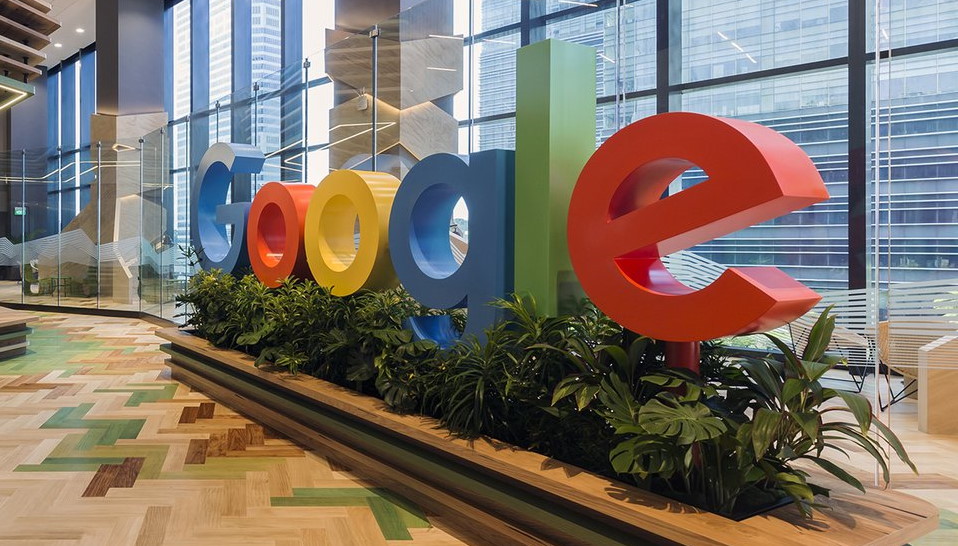Forget Stadia, it's time for the Google Stadium
The web giant wants to earn its spurs.

Google is in advanced talks with the English Premier League side Tottenham Hotspur FC, as reported by The Athletic, for a potential megabucks deal that will see the London side's new and advanced stadium named after the internet behemoth. The figures involved are not specifically cited but will be eye-watering: Tottenham's stadium, which is swish as hell and boasts footie scran like no other, is estimated to have cost over $1 billion total.
The stadium opened in 2019, with Spurs chairman Daniel Levy saying at the time the club was interested in securing a naming rights deal for "the right money". And of course if there's one thing Google isn't short of, it's cash.
Any potential deal would see Google's branding appear prominently on the building and in broadcasts for the Premier League, the Champion's League (this season at least), and various other sporting events hosted there (it's just held an NFL match of all things, but also hosts boxing matches, rugby, and concerts).
Sporting sponsorships aren't new for Google though this would probably end up as the biggest yet. It has existing sponsorships in the NBA and MLB, and earlier this year struck a deal with McLaren in Formula 1.
With Spurs it is all about the team's prominence in major competitions rather than its chances of winning anything: Tottenham's most recent honour was the League Cup in 2008, while you have to go back to 1961 for the last time the club won the league (though it did finish in 2nd place in 2016/2017). The team is both famous for its attacking play and infamous for its soft centre but, regardless of the spiderwebs in the trophy cabinet, remain one of the world's most prominent and valuable football clubs.
For the moment, the stadium remains the Tottenham Hotspur Stadium. I've reached out to Google for comment and will update with any reply.
Keep up to date with the most important stories and the best deals, as picked by the PC Gamer team.

Rich is a games journalist with 15 years' experience, beginning his career on Edge magazine before working for a wide range of outlets, including Ars Technica, Eurogamer, GamesRadar+, Gamespot, the Guardian, IGN, the New Statesman, Polygon, and Vice. He was the editor of Kotaku UK, the UK arm of Kotaku, for three years before joining PC Gamer. He is the author of a Brief History of Video Games, a full history of the medium, which the Midwest Book Review described as "[a] must-read for serious minded game historians and curious video game connoisseurs alike."

